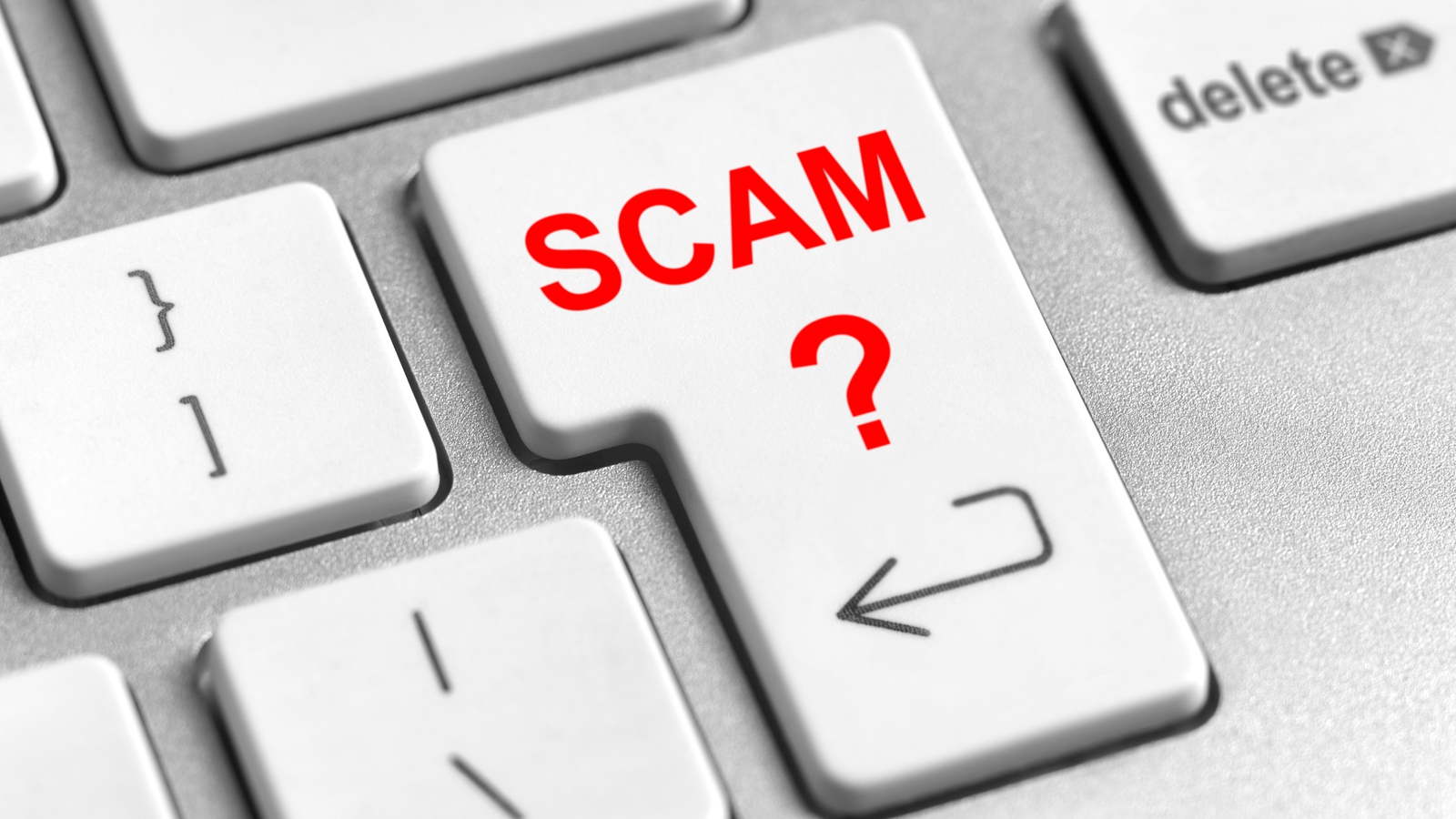Bank of Ireland is warning consumers about a new wave of purchase scams which is luring people to make payments for goods and services through an ad online, but which then transpires to be fake.
Bank of Ireland said there has been a 32% increase in purchase scams reported to it in the last year.
It warned that from relatively low value items such as clothes and runners, to holiday home deposits and even cars, unsuspecting consumers are often lured by the false promise of a slashed price or bargain.
They are asked to pay directly, sending money from their bank account to another via bank transfer, which provides little protection. Once the payment is transferred, the seller usually cuts all contact, and the product or service never arrives.
Bank of Ireland said that consumers should research and read reviews to check the site and the seller are genuine, while consumers are also urged to be aware of poor grammar and spelling, or vague product descriptions.
The bank advises people to go directly to the online shopping site by typing the web address into a web browser, adding that links in unsolicited emails or on social media are not always safe and should be avoided.
Consumers are urged to use secure payment methods, and should try and pay by debit or credit card, or the secure payment method recommended by reputable online retailers and auction sites, as this give more protection.
They are also urged to never agree to buying vouchers or other items for someone as a way to pay for something else, while large purchases should also be viewed in person before making full payment for them.
Bank of Ireland said that if people suspect they have been a victim of fraud they should contact their bank immediately so that the bank can take action to stop a fraud in progress and try to recover funds.
Bank of Ireland customers can call its Fraud Team 24/7, on the Freephone line 1800 946 764.
Nicola Sadlier, Head of Fraud at Bank of Ireland, said that fraudulent advertisements online and on social media have been the subject of regular warnings for some time.
“This alarming trend is not going away, even with increased awareness among the general public, and repeated calls for websites and search engines to remove the adverts. These fake ads should be caught before they are published online, but many are not,” she said.
Ms Sadlier said it was unacceptable to see fraudsters operating so openly through online advertisements.
“No company should be generating advertising revenue from criminals – search engines, websites and social media platforms really need to step up and crack down,” she said.
“Our advice to consumers is don’t click on these adverts, ignore them completely, and if something sounds too good to be true, it’s probably fraud,” she advised.
Paul O’Brien, head of group security at Bank of Ireland, said the issue is only being reported to the bank at the end point of the scam.
We need your consent to load this rte-player contentWe use rte-player to manage extra content that can set cookies on your device and collect data about your activity. Please review their details and accept them to load the content.Manage Preferences
He said that the bank makes every effort then to track and trace the funds, but generally, these payments will have been made through the person’s bank account to another bank account.
“Unfortunately at that point, it is really is at the end of the chain, and the person oftentimes will have made some efforts to try and get in touch themselves. It can be quite a time before we become aware of it,” he said.
“We can certainly try and in some cases we are successful getting the money back and trying to recall the funds, but it’s very difficult,” he added.
His advice was to use a card payment, as there are more protections if people use their debit or credit cards, as this type of scam generally involves bank transfers.
“Bank transfers are certainly not dangerous in contexts where you understand and are dealing with somebody you know, but in this type of scenario we would encourage people to pay by card,” he advised.

